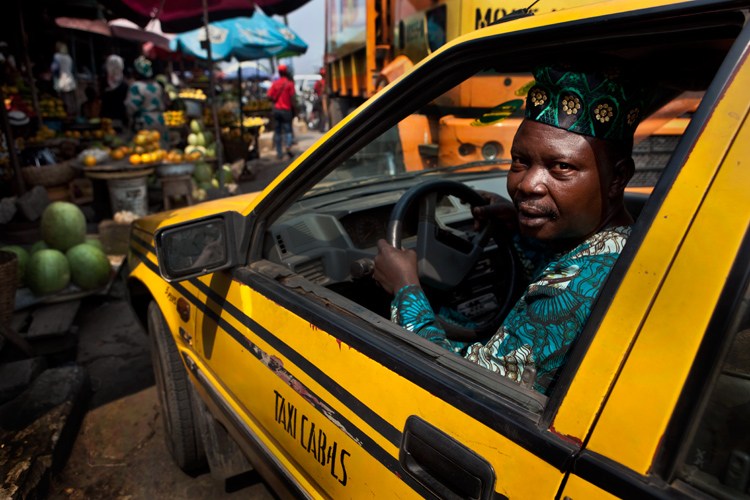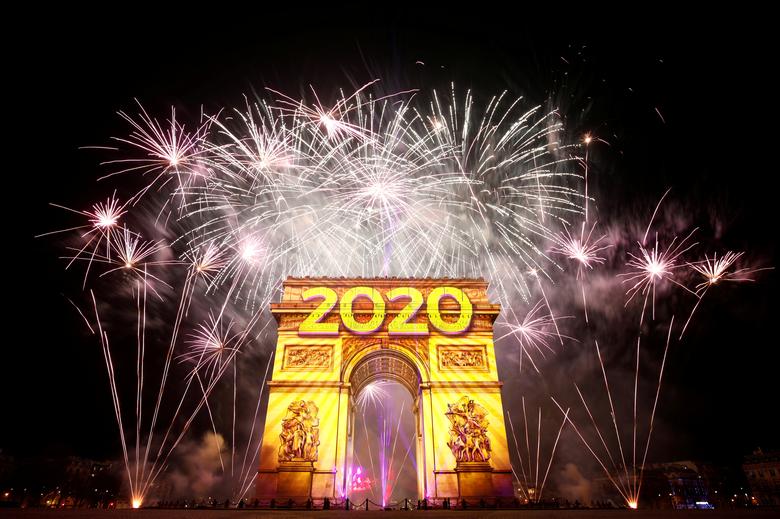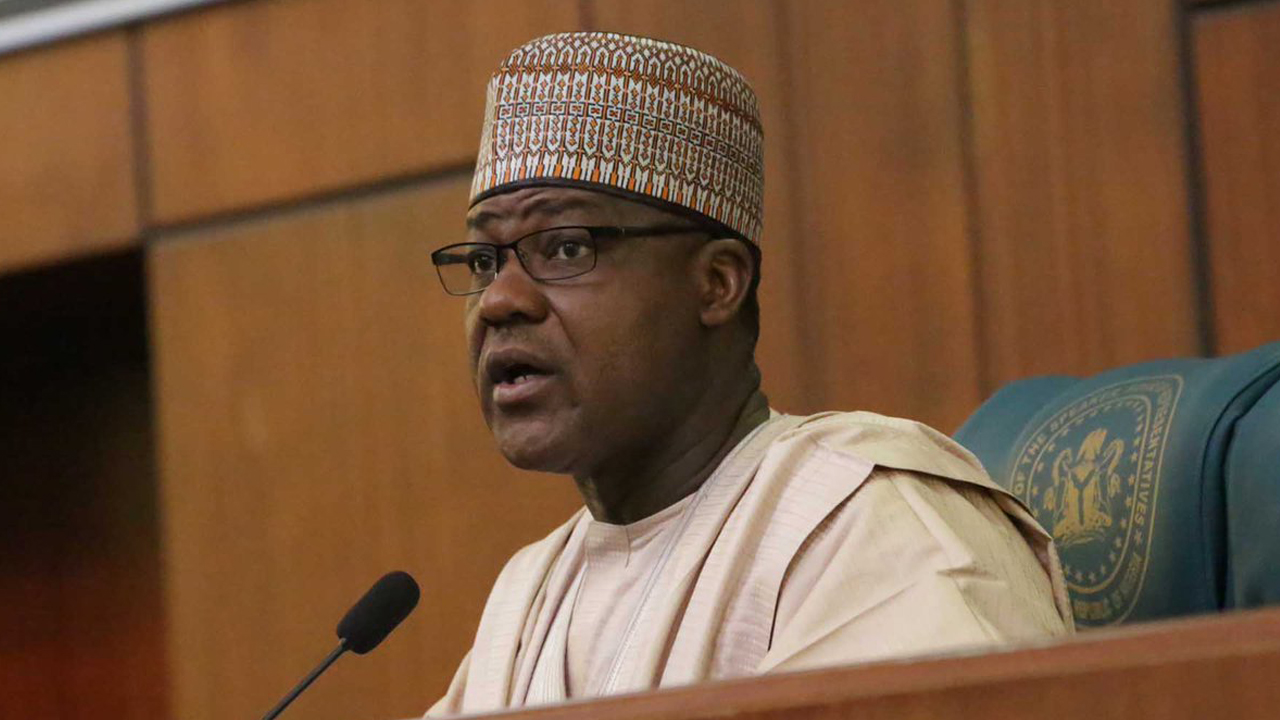BY GBENGA ONABANJO
HISTORICAL PERSPECTIVES
Lagos State was created in 1967 under the leadership of General Yakubu Gowon. At that time, it was the smallest of the 12 states that were created in terms of geographical land size. It had a population of under one million people.
After the Nigerian Civil war ended in 1970, there was the need for major infrastructural development in Lagos because it was both the commercial and administrative capital of Nigeria. The ports were bursting at the seams due to large imports of cement for the numerous construction works going on at the same time.
Advertisement
This era witnessed the construction of the National Stadium, National Theatre, Murtala Mohammed International Airport, Eko Bridge, flyovers, inner and outer ring roads, and the modernisation of our sea ports. However, after the movement of the seat of government to Abuja, Lagos suffered a lot of neglect as attention shifted to Abuja.
PROVISION OF PUBLIC UTILITIES AND INFRASTRUCTURE
Successive civilian administrations have made provisions in the state for public utilities and facilities to help improve safety and security. However, the rate of migration of people from other parts of the country to the state continues to overburden the existing infrastructure.
Advertisement
Some of the facilities provided are often pilfered or vandalised. For instance, the aluminum protective handrails on the bridges and flyovers are removed and melted to make pots and pans. Oftentimes, the electric poles erected along the streets to provide illumination are knocked down wilfully or accidentally without any action taken by the authorities. The essence of the guardrails is to enhance safety, whilst the street lights are to illuminate the streets for safety and help prevent crimes that happen under the cover of darkness.
In civilised climes, public utilities that provide safety and security for its citizens are protected and usually insured. I recall the several parts of Toronto where fire hydrants are installed. The city sometimes makes more money from fines collected from offenders who park within the prohibited distance that obstruct the passage of fire trucks than from tickets for over-speeding drivers. It is a sacrilege for any of the hydrants to be tampered with.
One case of utter neglect of our public utilities that readily comes to mind is that of the CCTV cameras (and the solar panels that power them), which were installed at several locations all over Lagos at a huge cost by the federal government. They were intended to monitor people, vehicles and situations all over the state in order to minimise crime. Unfortunately, they are seen today in various states of disrepair and neglect. These devices, if properly deployed, will significantly reduce the crime rates, reduce traffic infractions and improve the state of security all over the metropolis. This in turn will attract the much-needed investments to the state as the spate of kidnappings and robberies go down or are eliminated.
The irony is the culture of silence by the citizenry. Nobody is engaging the authorities on why the needless waste is allowed to continue unabated, particularly now that the crime rate has hit an all-time high. Unfortunately, the state is paying back the loans for the cameras that have not worked for a single day.
Advertisement
A time there was in Marina and Broad Street in the Central Business District of Lagos ‘area boys’ and miscreants terrorised virtually everyone within the community. LIMGE, an NGO, with the support of the state government, installed cameras all over the area and had the control and monitoring unit located at Elephant House. They were able to stem the tide of this menace and normal business activities were restored.
I believe if CCTV cameras had been in place, the carnage and destruction of public utilities that happened during the Endsars protests would have been abated. The criminals would have been easily recognised and picked up.
RECOMMENDATIONS
• The government should put measures in place to protect public utilities against vandalisation.
• A public enlightenment campaign should be undertaken by the government to sensitise the citizenry on the need to protect government properties.
• An insurance scheme should be instituted to insure public properties with a view to replacing them when they are damaged.
• Standards should be set for specifications of materials for street furniture. Guard rails should be of a minimum thickness. Street poles should be to certain minimum specifications.
• A maintenance culture of public utilities should be instituted. All the security vehicles, gun boats and helicopters should have a maintenance schedule.
• Bus shelters should have a maintenance schedule and be insured against vandalisation.
Advertisement
• Street crossing prevention barriers adorning the Lagos highways should be maintained and protected against vandalisation. Better still, more robust materials that can be easily maintained and can withstand impact should be introduced.
• Bus lay-by structures should be maintained.
• Writing of graffiti on walls should be prohibited.
These recommendations are not exhaustive, but suffice to say that if we are able to put in place some of them we will have a saner, more secure, safer and more orderly environment that will be the pride of all.
Advertisement
*Onabanjo is the founder of GO-FORTE FOUNDATION, an organisation dedicated to the restoration of the environment.
Advertisement
Views expressed by contributors are strictly personal and not of TheCable.
Add a comment






